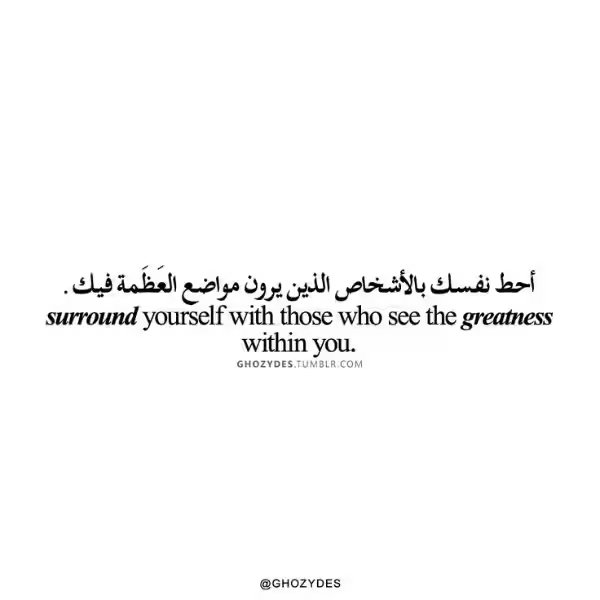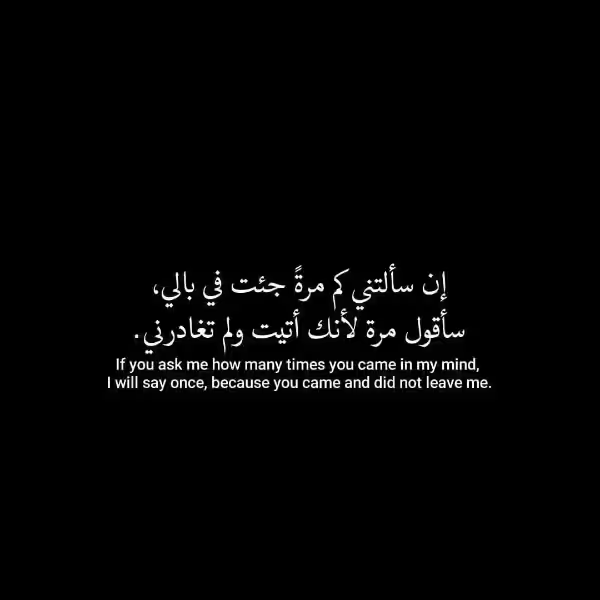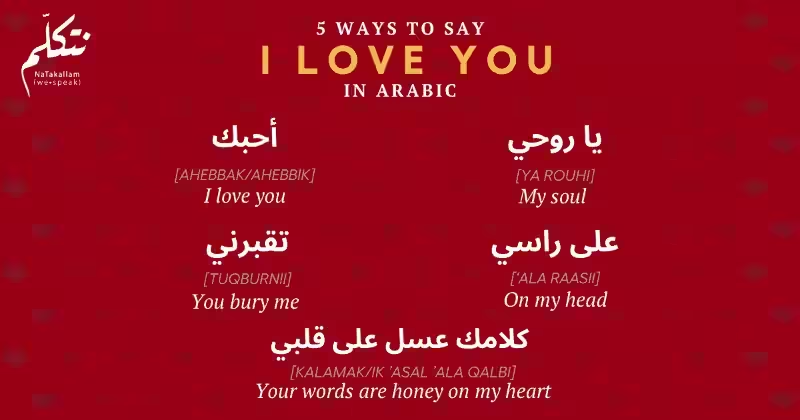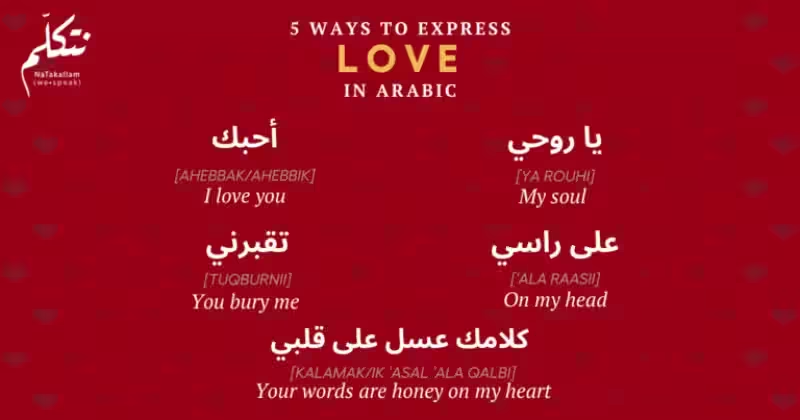
Love, a universal language, transcends borders and cultures. Even within the nuanced tapestry of Arabic culture, love finds profound expression. This article delves into the beautiful world of love quotes in Arabic for him, exploring their cultural context, emotional depth, and diverse literary forms.
Understanding the Cultural Landscape of Love in Arabic
Arabic culture, rich in history and tradition, offers a unique perspective on love. It’s not merely a fleeting emotion but a complex tapestry woven with threads of spirituality, family, and social expectations. Understanding this context is vital to appreciating the nuances of Arabic love quotes. Unlike some cultures where romantic love takes center stage, the Arab perspective emphasizes love’s integration into the fabric of family and community. It’s about loyalty, respect, and shared responsibility. Honor and dignity play a crucial role, shaping how love is both expressed and perceived.
Unveiling Diverse Forms of Love
Love in Arabic expressions isn’t confined to romantic love alone. It encompasses a spectrum of emotions:
- Romantic Love: Passion, desire, and attraction between two individuals are beautifully captured in Arabic poetry and narratives. These expressions often use vivid imagery and metaphors to convey the depth of feeling.
- Family Love: The significance of love within the family unit, especially between parents and children, and siblings, is paramount. These expressions often emphasize the importance of unity, support, and shared values.
- Spiritual Love: The connection between love and the divine is deeply ingrained in Arabic culture. Love is frequently seen as a conduit to spiritual growth and a demonstration of devotion to something greater than oneself.
- Platonic Love: Friendship and admiration are often elevated to forms of love, showcasing the deep bonds of companionship.
- Lost Love: The pain of unrequited love and separation is a common theme. These quotes often express the bittersweet beauty of love’s complexities.
These diverse expressions reflect the multifaceted nature of human relationships within the Arab world.
Literary Forms and Rhetorical Devices
Arabic love quotes often draw inspiration from the rich literary heritage of the region:
Poetry: A Symphony of Emotions
Arabic poetry is renowned for its evocative imagery and metaphors. Poems often use symbolic language to portray the intensity and beauty of love. These verses can paint a vivid picture of the emotions, both positive and negative, experienced in love.
Proverbs and Sayings: Wisdom in Concise Form
Arabic proverbs and sayings offer concise yet profound insights into love and life. These expressions, often passed down through generations, distill generations of wisdom about the human condition and the nature of love.
Narratives: Stories Woven with Emotion
Stories, tales, and legends from Arabic folklore frequently feature characters grappling with different facets of love. These stories serve as powerful metaphors, illustrating the complexities of human relationships and the challenges of finding love.
Social and Religious Influences
The social and religious traditions significantly shape the expression of love in Arabic culture.
The Significance of Marriage and Family
Marriage is often a central element within the expression of love, serving as a framework for commitment, responsibility, and shared life. The family unit plays a critical role in fostering and maintaining love within the community.
Islamic Influences on Love
Islamic teachings offer a unique perspective on love, emphasizing the importance of commitment, loyalty, and family values. Love in this context is often intertwined with spiritual growth and devotion to God.
Exploring a Collection of Love Quotes in Arabic
While the article lacks specific quotes, here’s how such a collection might be structured to cater to the reader’s needs:
Categorized Quotes for Different Needs
- Expressing Affection: A collection of quotes for expressing care, fondness, and deep affection.
- Romantic Declarations: Quotes for professing love and desire.
- Acknowledging Feelings Beyond Friendship: Expressions transitioning from friendship to something more.
- Showing Admiration: Quotes to praise beauty, intelligence, or other admirable qualities.
Translation and Contextual Explanation
Each quote should include a clear translation into English, along with an explanation of its cultural context, intended recipient, and any nuances that might be lost in translation.
Examples of Love Quotes in Arabic for Him: (Hypothetical)
- “My heart beats only for you.” (قلبي ينبض فقط من أجلك)
- “You are my everything.” (أنت كل شيء لي)
- “You are the light of my life.” (أنت نور حياتي)
These examples highlight the potential emotional depth of Arabic love quotes.
Love quotes in Arabic for him offer a window into the rich emotional landscape of Arab culture. These expressions, often rooted in poetry and tradition, explore the diverse facets of love, from romantic passion to familial devotion. Understanding the cultural context, literary forms, and social influences behind these quotes is essential to truly grasp their profound meaning. This exploration provides a valuable insight into the universal human experience of love, expressed in a captivating and unique cultural idiom.
Frequently Asked Questions about Arabic Love Quotes for Him
This FAQ section addresses common questions about Arabic love quotes for him, exploring their cultural context, different perspectives on love, and appropriate usage.
What is the cultural context of Arabic love quotes?
Arabic culture views love as a multifaceted concept intertwined with family, social structures, and religious values (primarily Islam). Love isn’t solely a personal affair; it’s deeply connected to the community and family. The expression of love is often shaped by specific social norms and traditions, making careful consideration of context crucial.
What are the different types of love expressed in Arabic quotes?
Arabic love quotes encompass a wide range of emotions and perspectives:
- Romantic love: These quotes express passion, desire, and attraction between two individuals, often found in poetry and narratives.
- Familial love: Quotes highlighting the importance of love within the family, particularly between parents and children, and siblings, emphasizing unity and responsibility.
- Spiritual love: Some quotes connect love to a higher spiritual purpose, viewing it as a path to God or devotion to a cause beyond oneself.
- Platonic love: Quotes may express profound admiration and friendship as forms of love.
- Lost love: These quotes explore the pain of unrequited love or separation, a common theme reflecting the emotional complexities of love.
How are Arabic love quotes typically expressed?
The expression of love in Arabic often draws from rich literary traditions:
- Poetry: Metaphors, imagery, and rhetorical devices are frequently used to express love in a poetic style.
- Proverbs and sayings: Concise and impactful phrases reflecting popular wisdom and societal values about love.
- Narratives: Quotes extracted from stories and legends, illustrating diverse experiences of love across different contexts.
What is the importance of social and religious norms in expressing love?
In Arabic culture, societal and religious norms significantly influence the expression of love. Marriage, family, and community play a central role in defining and expressing love, adhering to cultural and religious expectations. The influence of Islam, emphasizing family values, loyalty, and social responsibility, is often present.
How can I use Arabic love quotes for him appropriately?
Context is paramount. Consider the relationship’s stage, the recipient’s personality, and the specific occasion. While some quotes are universally romantic, others might be better suited to specific circumstances. Discretion and sensitivity are key.
Are there examples of common phrases or expressions?
Unfortunately, this FAQ doesn’t contain specific examples of Arabic love quotes. To find such examples, you’d need to consult other resources, such as articles, websites, or books specializing in Arabic literature and culture.








